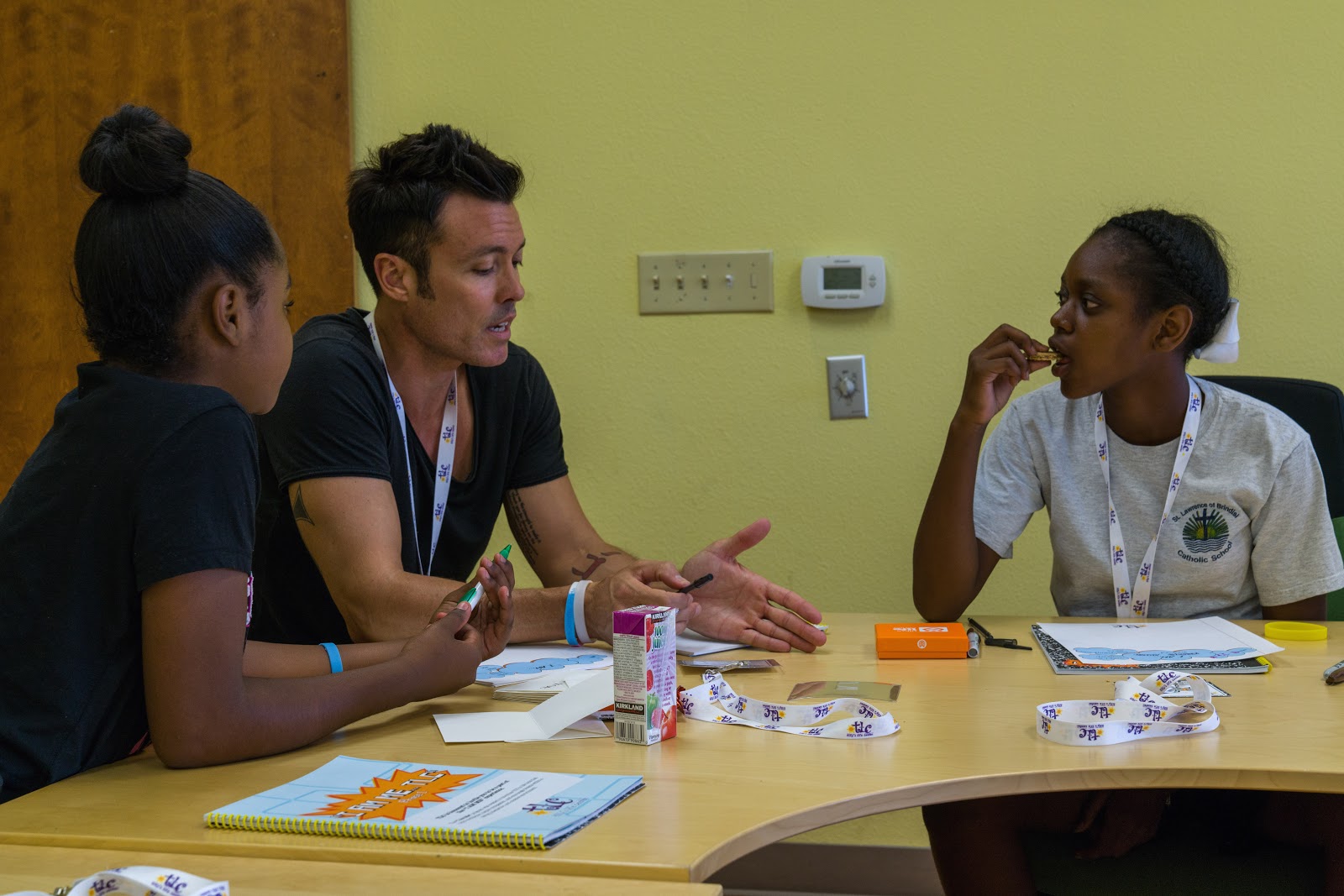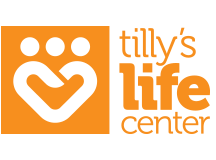
29 Apr Why Mentors Are So Important for Teens
Looking back, many of us can probably think of someone we considered a mentor. Whether they are a boss, a teacher or a coach, having a role model is a vital part of developing as an adolescent.
The best teen mentors don’t consider themselves just a mentor. They go above and beyond, serving as a listener, supporter, co-learner, and someone to lean on in times of crisis. Exceptionally strong mentor relationships focus not only on fostering two-way communication, but also on helping the teen reflect and grow. These mentors don’t tell the teen what to do or how to do it, but rather encourage them to dig deeper within themselves, all the while cheering them on from the sidelines.
With research about youth mentoring consistently growing, we see more and more proof of the unbelievable positive impact mentors have on teens. Especially during times like this, it’s vital for teens to have someone to turn to. Whether it’s helping them find their identity during their most formative years, modeling positive social skills and healthy coping habits or just facilitating meaningful conversations, mentors are a key part of young people’s personal, academic, and professional lives.
Students who meet regularly with their mentors are 52% less likely than their peers to skip a day of school and 37% less likely to skip a class.
The presence of a mentor in a teen’s life can have drastic effects on their performance in school. Open and honest discussions with a trusted adult can help guide teens as they navigate academic life. From dealing with the stress of homework to managing peer relationships, a mentor can make all the difference in a teen’s school experience.
Research has proven this to be true, with students who have a mentor in their life showing improved grades and higher test scores than those who don’t. But the power of mentoring high school students goes even further, by promoting positive attitudes towards school. When a student is empowered to embrace their strengths and is given the tools to succeed, they’re going to be more motivated and inspired to do their best. This leads to higher graduation rates, and a lower likelihood of skipping out on classes. Fostering a better academic environment begins with a student’s belief in themselves that they can do well, and that’s exactly what a mentor is there to help accomplish.
Students with mentors are 46% less likely than their peers to start using illegal drugs and 27% less likely to start drinking.
Today’s teens are faced with pressures coming from every direction. From peer pressure, to the pressure to do well in school, be successful, or look a certain way, these challenges can be extremely hard to cope with. For some teens, turning to dangerous behaviors seems like the only option. Having a mentor may make all the difference in preventing these unhealthy decisions.
When a teen has a mentor to turn to, they’re able to receive guidance when they encounter hardships. A mentor can help them handle difficult decisions by introducing alternative solutions to the problem, and guiding the teen towards healthier coping mechanisms. It can be difficult to talk with your parents or friends about your struggles, which is why teens who have non-family mentors they can turn to when they’re faced with a difficult decision have much lower levels of anxiety, and better family relationships. This is especially important now, with so many of us staying home with our families, and teens missing out on that vital social interaction. Having virtual meetings with a mentor outside the family will help them to cope, and keep their mental health in check.
As we already know, the most successful mentors are not those who solve the teen’s problems for them, but rather those who open them up to new ways of thinking and teach them to independently discover their own abilities, and apply them to difficult decisions they may encounter.
Teens with a mentor are 55% more likely to enroll in college and 130% more likely to hold leadership positions.
Navigating the transition into adulthood can be scary, especially for teens who are struggling. Mentorship has shown an increase in teens’ self-esteem and confidence in their strengths, both of which help to make this change as smooth as possible while setting them up for success later in life.
When a teen is exposed to a great example of outstanding leadership skills, they’re more likely to put these into practice. Understanding what makes a great leader will ultimately pay off in academic and workplace environments. Mentors can give them the skills they need to foster healthy relationships with their peers and coworkers, resulting in teens becoming great leaders and collaborators.
A mentor comes in many forms, but the most important thing is that they are a caring, responsible adult. There are many formal mentoring programs, but teens can also seek out mentorship in their own life through teachers, coaches, counselors, business leaders, or other trusted adults.
At Tilly’s Life Center (TLC), our amazing instructors serve as mentors to the teens in their program. Through a curriculum focused on stress management, bullying, self-esteem, coping mechanisms and more, they promote self-discovery in a safe and caring environment, to help teens navigate the road to a happy, healthy, successful adulthood.


